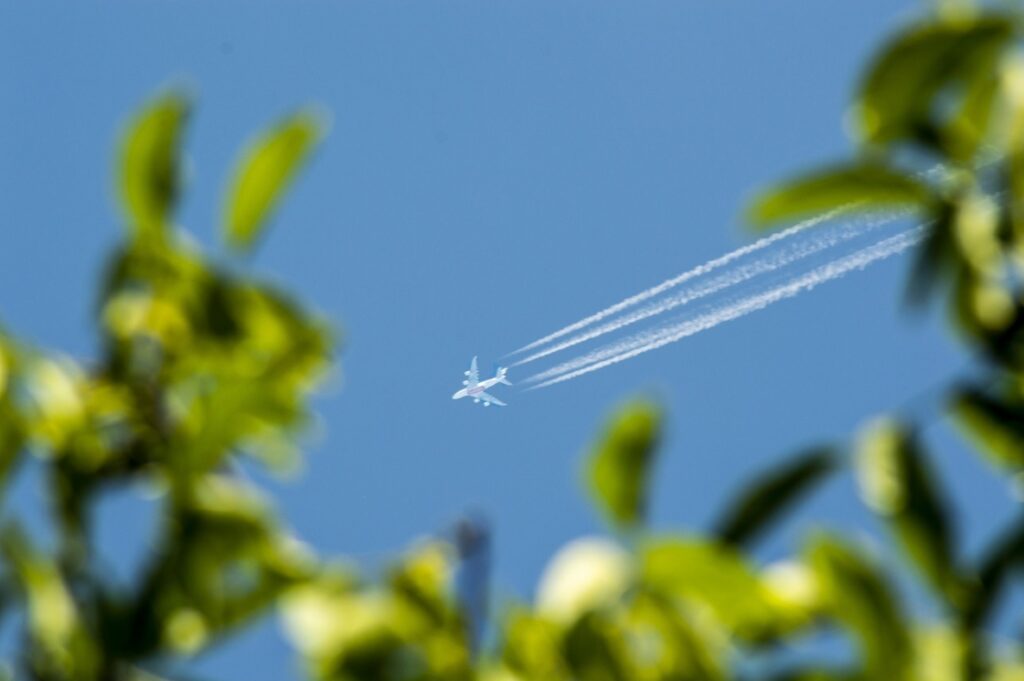In a joint work developed by the Ministry of Transportation and Telecommunicationsthe Inter-American Development Bank (IDB) and the Ministry of Energythe governmental report was presented on Wednesday "SAF Roadmap 2050"by which Chile to become the world's leading producer of sustainable aviation fuel (SAF).
This report, presented by Fernanda Cabañascoordinator of the public-private program "Clean Flight".states that, by 2050, Chile aims to cover half of its aviation requirements with SAFwhich will be derived from oils, greases and biological and municipal wastes, the agency said. Reuters.
This fuel is not only a sustainable alternative, but it has also been shown to reduce the carbon emissions up to an 80%, without requiring modifications to the aircraft engines.
"More than 50% of the carbon emission reductions are expected to be achieved through SAF," Cabañas commented, emphasizing the crucial role this fuel will play in the country's efforts to achieve net-zero emissions.
Although no specific estimates have been provided on the plant's production capacity for 2030, it is recognized that airlines are accelerating their efforts to procure UFTS as part of their sustainability commitments. However, the high cost of production makes this fuel three to five times more expensive than traditional fuel.
To address this growing demand, Cabañas disclosed that the program will "Clean Flight". is in contact with various local industries, such as forestry, agriculture and hydrogen, to ensure an adequate supply of raw materials.
A comprehensive study is expected to be conducted in approximately six months to assess the feasibility and economic projections for the production of SAF in Chile.
On a panel at the conference, Cristina SeguraDirector of the Department of Bioenergy of the University of Concepciónshared his department's goal of producing the country's first liter of PBS.
Finally, it is anticipated that the administration of the U.S. president will Joe Biden will soon publish a preliminary climate model for a PBS subsidy program in United States. These subsidies are intended to help increase the country's PBS production, which currently stands at only 15.8 million gallons, to 3 billion gallons.
Source: Reuters


